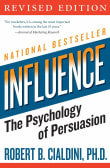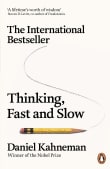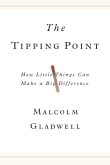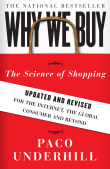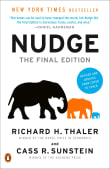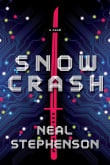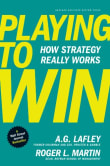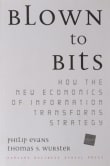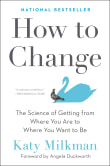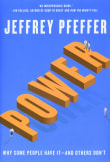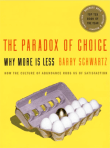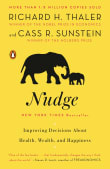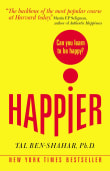Nudge

Book description
*Once again a New York Times bestseller! First the original edition, and now the new Final Edition*
An essential new edition revised and updated from cover to cover of one of the most important books of the last two decades, by Nobel Prize winner Richard H. Thaler and Cass R.…
Why read it?
5 authors picked Nudge as one of their favorite books. Why do they recommend it?

I love cognitive biases so of course I’m going to love books about them.
But what I love most about this book is that it explains ideas and concepts that I know and understand intuitively as a marketer – for example, how to make it easy for people to engage and buy.
It also simplifies what would otherwise be complex ideas from behavioral economics and uses familiar situations to help me understand how to make better decisions about all sorts of things, from business to insurance to investing and beyond. I need to read it again!

This is the quintessential behavioral economics book by The University of Chicago’s most dynamic duo.
Leadership is all about change and Nudge (not to be confused with the Yiddish word, Noogde) has done more than most any other book to change both the academic world of economics and global practices.
The application of social psychology at the individual, group, and organizational levels is the magic behind the new field of behavioral economics.
From Linda's list on leadership that don’t have leadership in the title.

After "bias," what is the second-most-popular behavioral science buzzword? Nudge, of course. Some think nudges are a brilliant invention; others claim they're a tool for cynical manipulation. Whether you are in one camp or in the other, the place to start is the book that made the case for "libertarian paternalism," now in a new, "final" edition. If you think you already know what nudges are, you may be surprised to find that "choice architecture," as Thaler and Sunstein call it, is a much more subtle art than you think.
From Olivier's list on how we make decisions and to make better ones.
If you love Nudge...

A large part of what we buy today is information or products wrapped in information. How that information is presented changes the experience of consumption. Thaler shows how presenting the information differently (sometimes even consumers presenting the information to themselves) can change the choices we make. This is a book about how the consumer mind works.
From Niraj's list on marketing strategy.

In recent years, we’ve witnessed an explosion of interest in the subtle, yet powerful environmental cues that regular our behaviors. This focus on behavioral economics is a bit of a concession by economists that consumer behavior is not necessarily governed by the “rational” laws of homo economicus, where choices are calmly and rationally made with full knowledge of all the relevant parameters. This holds huge ramifications for marketing applications, but also for public policy issues (e.g., persuading employees to save more for retirement, promote organ donation, etc.
From Michael's list on why we buy and what brands “mean”.
Want books like Nudge?
Our community of 12,000+ authors has personally recommended 100 books like Nudge.


